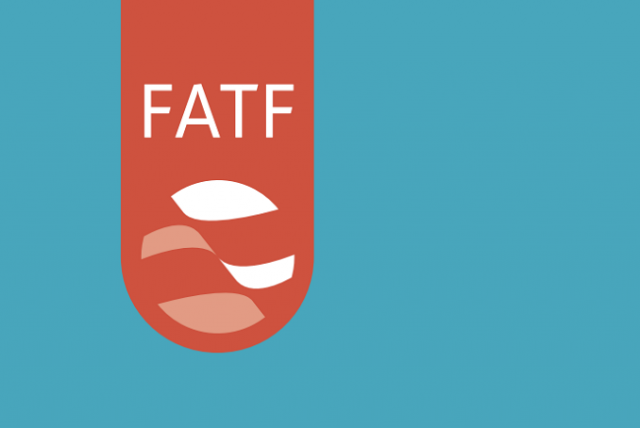EU adds Saudi Arabia to draft terrorism financing list: sources
EU’s list currently consists of 16 countries, including Iran, Iraq, Syria, Afghanistan, Yemen and N Korea

FATF. PHOTO: FATF
The move comes amid heightened international pressure on Saudi Arabia after the murder of Saudi journalist Jamal Khashoggi in the kingdom’s Istanbul consulate on October 2.
The EU’s list currently consists of 16 countries, including Iran, Iraq, Syria, Afghanistan, Yemen and North Korea, and is mostly based on criteria used by the Financial Action Task Force (FATF), a global body composed by wealthy nations meant to combat money laundering and terrorism financing.
But the list has been updated this week, using new criteria developed by the EU Commission since 2017. Saudi Arabia is one of the countries added to the updated list which is still confidential, one EU source and one Saudi source told Reuters.
Clock ticking on FATF action plan implementation
Saudi authorities did not immediately respond to request for comment.
The move is a setback for Riyadh at a time when it is striving to bolster its international reputation in order to encourage foreign investors to participate in a huge transformation plan and improve financial ties for its banks.
Khashoggi, a columnist for the Washington Post and a critic of Crown Prince Mohammed bin Salman, was killed and dismembered by Saudi agents at its Istanbul consulate on October 2, provoking widespread revulsion and damaging the kingdom’s image.
Apart from reputational damages, the inclusion in the list complicates financial relations with the EU. The bloc’s banks will have to carry out additional checks on payments involving entities from listed jurisdictions.
The provisional decision needs to be endorsed by the 28 EU states before being formally adopted next week.



















COMMENTS
Comments are moderated and generally will be posted if they are on-topic and not abusive.
For more information, please see our Comments FAQ